The report, commissioned by the Mayor of London, Sadiq Khan, notes that waste heat is already being “deployed” in London under the North London Heat and Power Project, which will also see the new Edmonton plant being built.
Mr Khan has targeted the capital reaching net zero by 2030, having previously aimed to do so by 2050.
To this end, he commissioned energy consultancy Element Energy to identify the possible pathways to and implications of the accelerated target, and the resulting report was published last week.
The report suggests that adding carbon capture, utilisation, and storage (CCUS) to London’s EfW plants could generate electricity with “net negative” greenhouse gas emissions, offering the opportunity to offset some emissions from other sectors.
Fitting all London’s EfW plants with CCUS relies on local projects developing “transport chains” for the facilities, the report says.
If CCUS was in place at “the largest EfW plants” by 2030-2032, the report suggests, their emissions could be net negative, at -0.2 million tonnes carbon dioxide equivalent (MtCO2e).
Project Cavendish
Element Energy’s report notes that Project Cavendish aims to begin hydrogen production with CCUS in the late 2020s, offering a “potential opportunity for consolidation” of CO2 transport and storage supply chains if one or more of London’s EfW plants were to convert in the early 2030s.
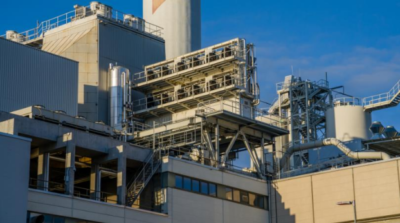
Project Cavendish looks to produce, store, or import hydrogen at the Isle of Grain in Kent.
Without this project or other opportunities for “lower cost” CO2 transport and storage, the report says, it may be more likely that conversion at the EfW plants happens later, in the 2030s or early 2040s, as wider CCUS supply chains “ramp up”.
Emissions
According to Element Energy’s report, waste contributed 4% of London’s emissions in 2018, with sources including landfill, anaerobic digestion, composting, and wastewater treatment.
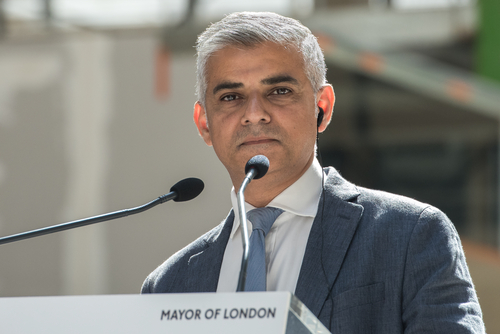
The report suggests landfill emissions will fall to 18% of 2018 levels by 2030.
London is a net importer of electricity, the report says, with 0.8 gigawatts of electrical output (GWe) in currently installed generation capacity, compared to close to 40 terawatt-hours (TWh) of electricity consumption.
A fifth of London’s installed generation capacity comes from EfW, the report says.
Element Energy estimates that London could generate 1.7 TWh/year from EfW by 2030, with no further increase to 2050.
It claims this is “consistent” with London’s ambitions to become self-sufficient in treatment of waste – in other words, not sending any waste generated in London outside the capital – without increasing the capacity of EfW plants.
‘Stark wake-up call’
The Mayor of London, Sadiq Khan, said: “This new report must act as a stark wake-up call for the Government on the need to provide much greater support to reduce carbon emissions in London.
“It’s clear the scale of the challenge means we can’t do everything alone.
“But I’m not willing to stand by and wait when there’s more we can do in London that could make a big difference.”
Related link
Analysis of a Net Zero 2030 Target for Greater London
 Net Zero Conference
Net Zero Conference
In a year of action, this conference brings together businesses, organisations, and local authorities in the waste and recycling industry to discuss an overview of the sector’s position and approach post COP26.
View the full programme and secure your ticket here.





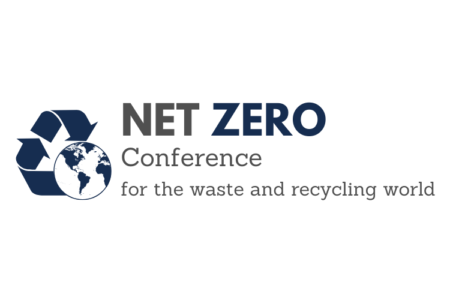

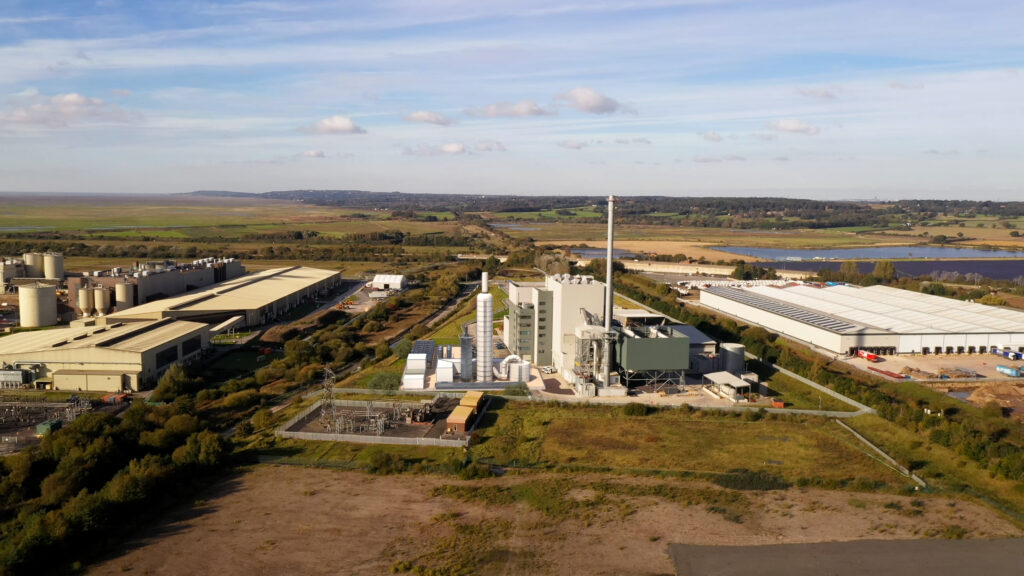
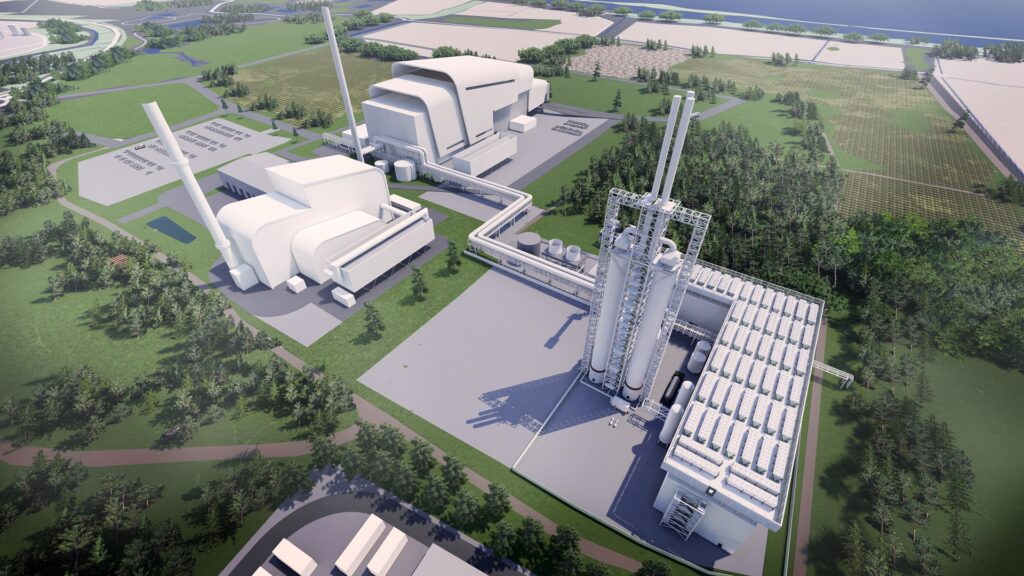
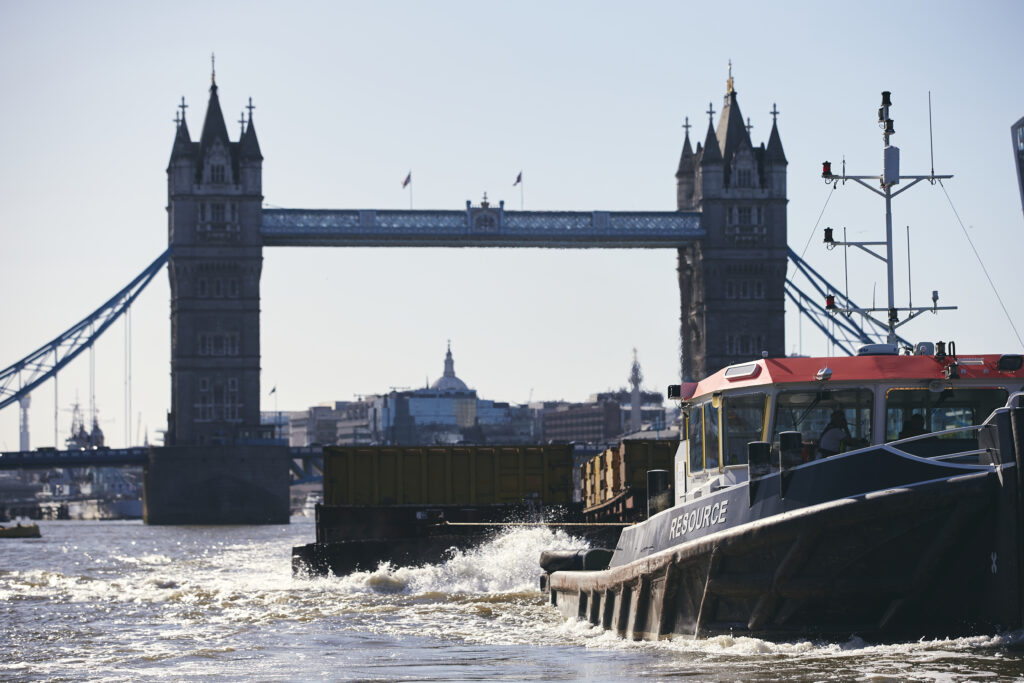


Subscribe for free